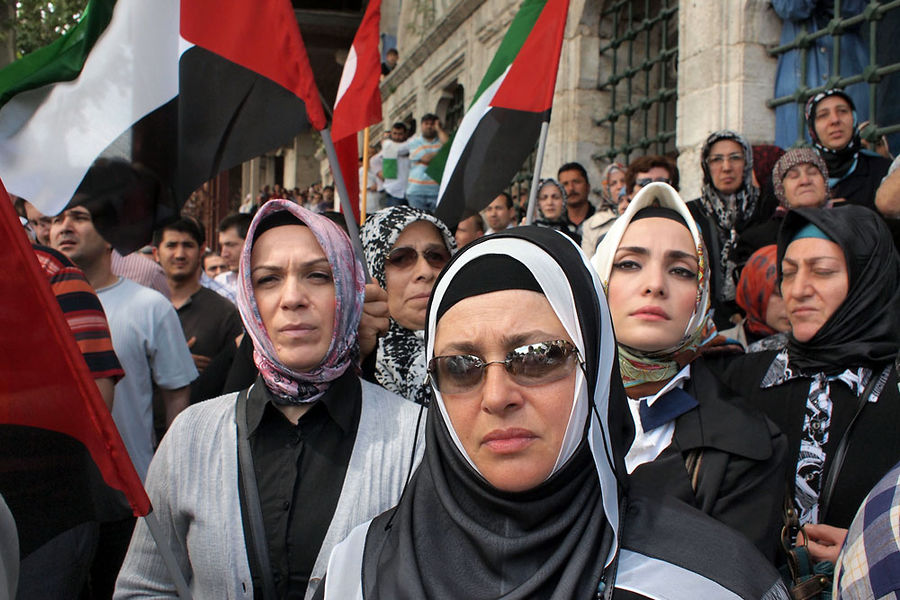
Islamic-oriented humanitarian NGOs have flourished in Turkey in recent years, but their “parallelism” to the foreign policy implementation process of the current Turkish (AKP) government potentially makes their status ambiguous as non-governmental entities. This ambiguity also places them at risk in relation to changing perceptions of Turkey in areas where they operate, write Nihat Çelik (Melikşah University, Kayseri, Turkey) and Emre İşeri (Yaşar University, Izmir, Turkey) in Turkish Studies (September). They base their research partly on interviews with Islamic NGO participants. Established since the 1990s by the Islamic grassroots movement with the war in Bosnia and the sufferings of Bosnian Muslims as a catalyst, humanitarian NGOs “have become important implementers of Turkish foreign policy.” The coming to power of the AKP (Justice and Development Party) boosted donations. Under the AKP, Turkey has developed foreign policy activism, including becoming an important international donor and humanitarian assistance contributor.
While Islamic humanitarian NGOs won’t discriminate by religion, especially when dealing with natural disasters, their donors have a strong interest in the plight of Muslim people, and a strong Islamic identity shapes their approach, with an emphasis on “oppressed Muslims.” Turkey is seen as natural protector of the Muslim ummah, while NGOs are aware that local people in countries where they operate identify them first as Turks, and thus they contribute to Turkish soft power. Especially in Africa, interaction and exchange of information with Turkish embassies is strong. “Naturally, sharing the same ideational values, serving the same cause and propagating the same discourse make their relations with government elites easier,” the authors write. But the high level of parallelism carries a risk of politicizing the aid, they add, while making Turkish citizens not supportive of the AKP less likely to support such NGOs.
(Turkish Studies, http://www.tandfonline.com/toc/ftur20/current)
